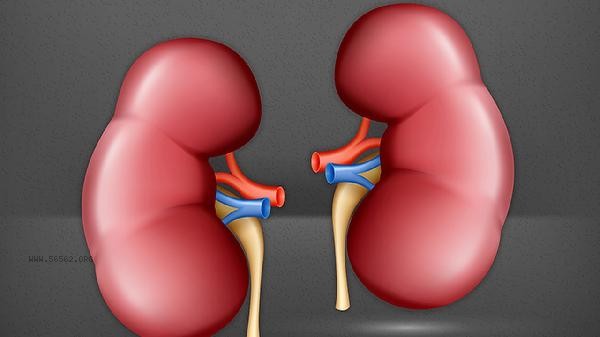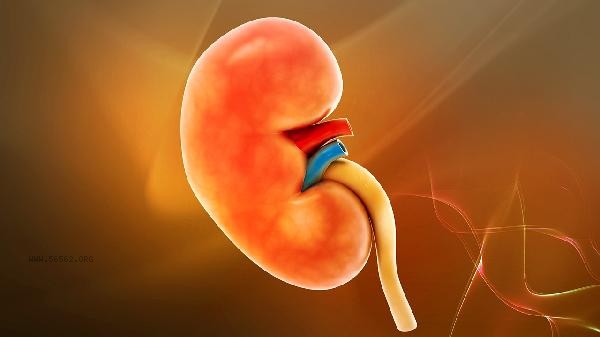The common pathogenic bacteria of renal abscess mainly include Escherichia coli, Klebsiella pneumoniae, and Enterococcus, which can cause renal abscess through urinary tract infection or hematogenous transmission. Treatment requires a combination of antibiotics and surgical intervention, including the use of broad-spectrum antibiotics, percutaneous drainage, and surgical resection.

1. Escherichia coli is the most common pathogenic bacterium in renal abscess, accounting for about 50% -70% of cases. Escherichia coli usually enters the kidneys through retrograde infection of the urinary tract, especially in cases of urinary obstruction or vesicoureteral reflux. In terms of treatment, antibiotics such as ceftriaxone or piperacillin tazobactam are preferred, and the course of treatment is usually 4-6 weeks. For complex cases, percutaneous puncture drainage or surgical resection of abscess may be necessary.

2. Klebsiella is another common pathogen, especially in patients with diabetes. Klebsiella infection is usually associated with urinary tract stones or long-term indwelling catheters. In terms of treatment, carbapenem antibiotics such as imipenem or meropenem can be used, and the course of treatment is also 4-6 weeks. For patients with large abscesses or ineffective antibiotic treatment, percutaneous puncture drainage or surgical intervention should be considered.
3. Enterococcus infection is relatively rare in renal abscesses, but it is more common in patients with weakened immune function or long-term use of broad-spectrum antibiotics. The treatment of enterococcal infection is complex and often requires the combination of vancomycin and ampicillin, with a course of treatment lasting 4-6 weeks. For drug-resistant strains, it may be necessary to use linezolid or daptomycin. Surgical intervention is equally important in enterococcal infections, especially when the abscess is large or accompanied by other complications. The treatment of renal abscess should be individualized according to the type of pathogenic bacteria and the specific situation of the patient. Early diagnosis and timely treatment are key to preventing complications and improving prognosis. For patients suspected of having kidney abscess, timely medical attention and comprehensive examination and evaluation should be sought to determine the best treatment plan.









Comments (0)
Leave a Comment
No comments yet
Be the first to share your thoughts!